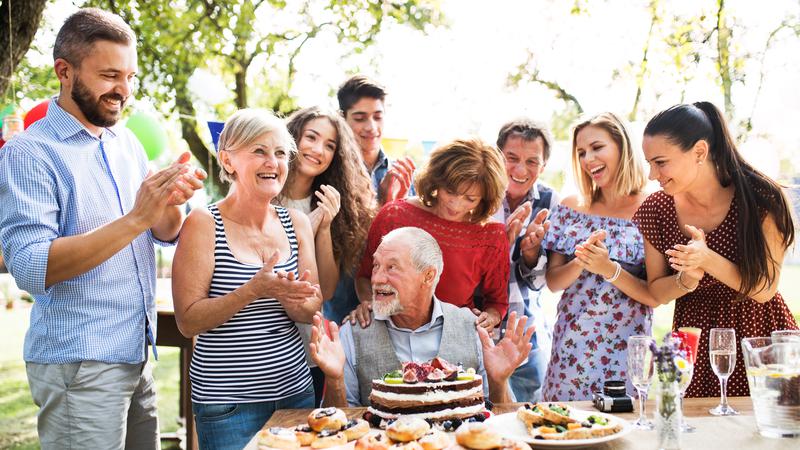
CHARBONNEAU: Bubble families emerge from pandemic
PROVINCES ARE ALLOWING THE EXPANSION OF FAMILY UNITS to include friends and family. The selection of who’s in and who is out is tricky.
B.C.’s provincial health officer, Dr. Bonnie Henry, said last week: “I believe that we are at a point where we can increase our social contact, and we can have more people in our close circle of family and friends.”
Singles can pair off with another single or with a couple and socialize exclusively with them.
Families can also pair off with other families. But it has to be done carefully. As soon as you add others to your circle, you add all the people which they are connected to which amplifies the risk.


